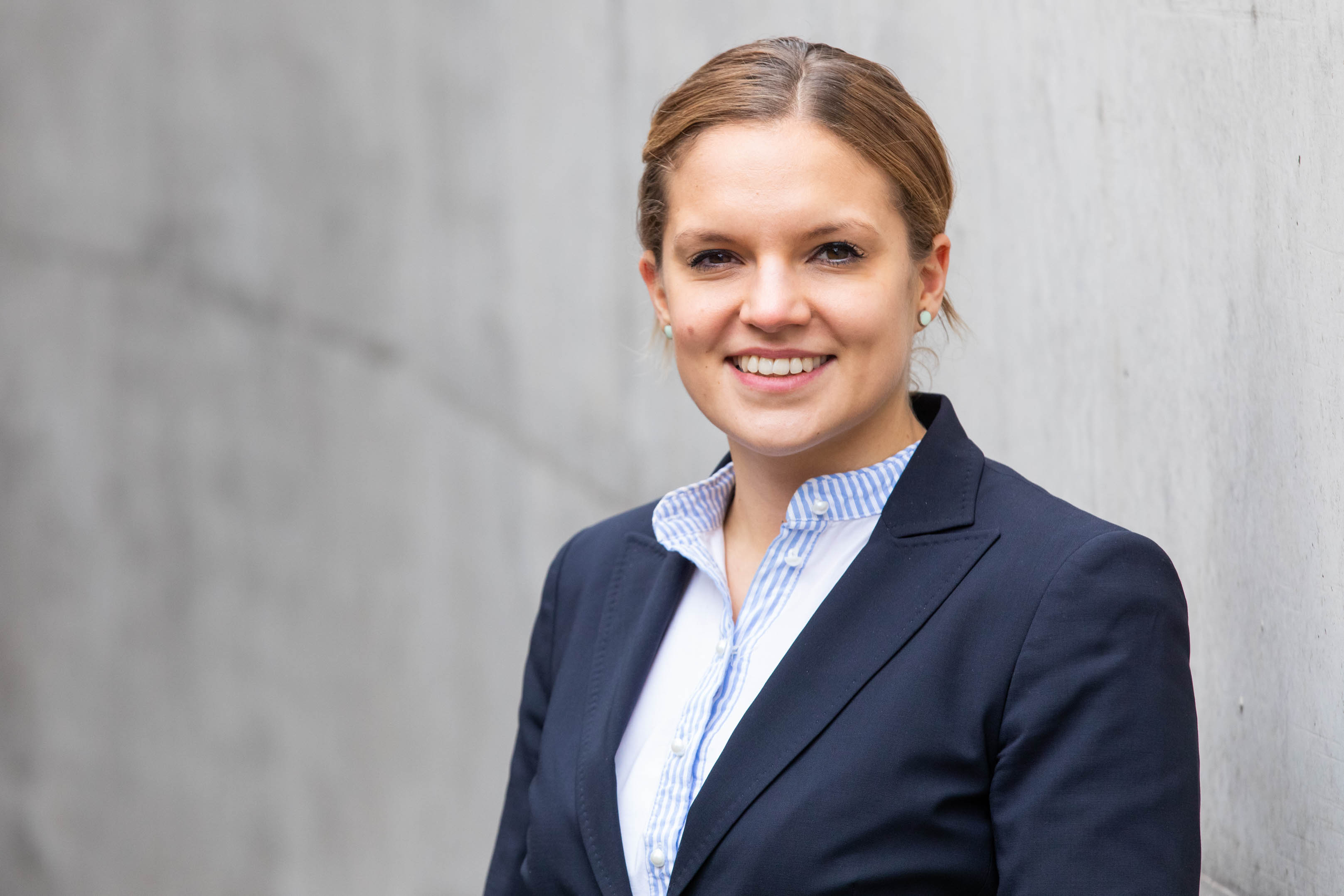Background: Processing sugarbeet seed
After harvesting in KWS’ multiplication areas, the sugarbeet seed is subjected to an initial quality check and preliminary cleaning. Then it is transported to the KWS site in Einbeck for further processing. There the processing takes place in several stages: In the first stage the seed is selected according to various quality parameters and seeds with no or only underdeveloped germ are sorted out. The irregularly shaped, flat seed is then pelleted with a coating so that the seed can be sown in precision seed drills. At the same time, the pelleting process allows the seed treatment products (dressing) to be gently applied as a next step. This serves to protect the seed against e.g. fungal diseases and pests and thus to improve the field emergence of the plant. In the last production step, the product is packaged and, after approval by the quality control department, is delivered to farmers and sugar factories.
About KWS*
KWS is one of the world’s leading plant breeding companies. In the fiscal year 2018/19, more than 5,500 employees in 70 countries generated net sales of EUR 1.1 billion and earnings before interest and taxes (EBIT) of EUR 150 million. A company with a tradition of family ownership, KWS has operated independently for more than 160 years. It focuses on plant breeding and the production and sale of seed for corn, sugarbeet, cereals, rapeseed, sunflowers and vegetables. KWS uses leading-edge plant breeding methods to increase farmers’ yields and to improve resistance to diseases, pests and abiotic stress. To that end, the company invested approximately EUR 200 million last fiscal year in research and development.
*All indications excluding the results from the companies accounted for using the equity method AGRELIANT GENETICS LLC, AGRELIANT GENETICS INC. and KENFENG – KWS SEEDS CO., LTD.
Follow us on Twitter®.

